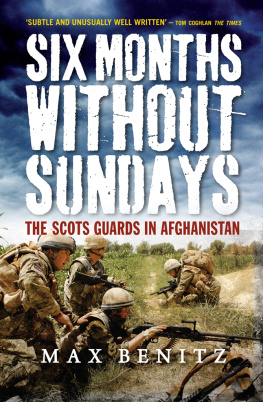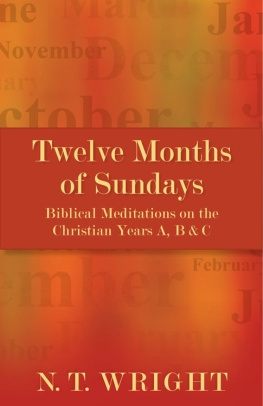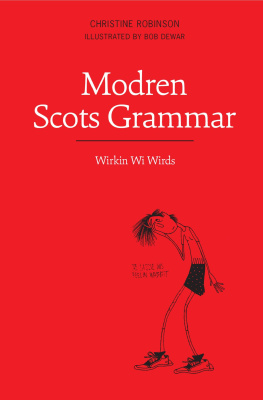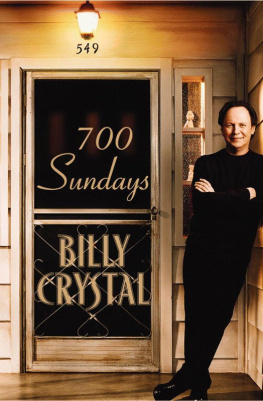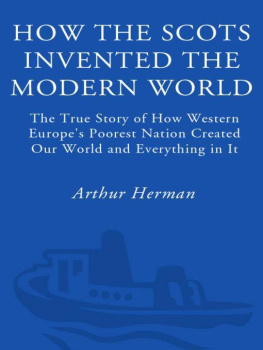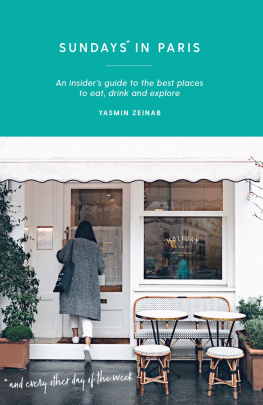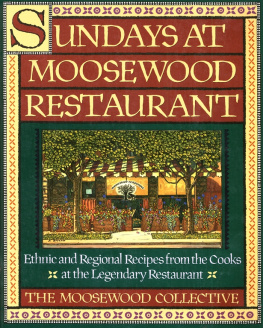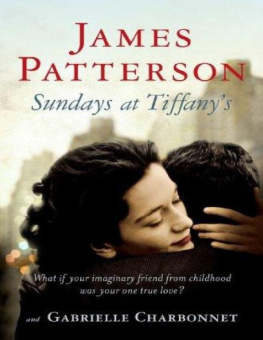Max Benitz - Six Months without Sundays: The Scots Guard in Afghanistan
Here you can read online Max Benitz - Six Months without Sundays: The Scots Guard in Afghanistan full text of the book (entire story) in english for free. Download pdf and epub, get meaning, cover and reviews about this ebook. year: 2011, publisher: Birlinn, genre: Home and family. Description of the work, (preface) as well as reviews are available. Best literature library LitArk.com created for fans of good reading and offers a wide selection of genres:
Romance novel
Science fiction
Adventure
Detective
Science
History
Home and family
Prose
Art
Politics
Computer
Non-fiction
Religion
Business
Children
Humor
Choose a favorite category and find really read worthwhile books. Enjoy immersion in the world of imagination, feel the emotions of the characters or learn something new for yourself, make an fascinating discovery.
- Book:Six Months without Sundays: The Scots Guard in Afghanistan
- Author:
- Publisher:Birlinn
- Genre:
- Year:2011
- Rating:5 / 5
- Favourites:Add to favourites
- Your mark:
- 100
- 1
- 2
- 3
- 4
- 5
Six Months without Sundays: The Scots Guard in Afghanistan: summary, description and annotation
We offer to read an annotation, description, summary or preface (depends on what the author of the book "Six Months without Sundays: The Scots Guard in Afghanistan" wrote himself). If you haven't found the necessary information about the book — write in the comments, we will try to find it.
Max Benitz: author's other books
Who wrote Six Months without Sundays: The Scots Guard in Afghanistan? Find out the surname, the name of the author of the book and a list of all author's works by series.
Six Months without Sundays: The Scots Guard in Afghanistan — read online for free the complete book (whole text) full work
Below is the text of the book, divided by pages. System saving the place of the last page read, allows you to conveniently read the book "Six Months without Sundays: The Scots Guard in Afghanistan" online for free, without having to search again every time where you left off. Put a bookmark, and you can go to the page where you finished reading at any time.
Font size:
Interval:
Bookmark:
SIX MONTHS WITHOUT SUNDAYS

Max Benitz was born in London in 1985. He read Modern History at the University of Edinburgh and South Asian History at the University of Calcutta. After graduating in 2008 he took a local media job in Kabul and then worked at the Royal United Services Institute where he focused on the British Armys role in Afghanistan.
He is best known for his leading role in Peter Weirs Master and Commander: The Far Side of the World.

First published in 2011
and this second edition published in 2012 by
Birlinn Limited
West Newington House
10 Newington Road
Edinburgh
EH9 1QS
www.birlinn.co.uk
Copyright Max Benitz 2011, 2012
The moral right of Max Benitz to be identified as the author of this work has been asserted by him in accordance with the Copyright, Designs and Patents Act 1988
All rights reserved.
No part of this publication may be reproduced, stored or transmitted in any form without the express written permission of the publisher.
ISBN: 978 1 84341 056 0
eISBN: 978 0 85790 095 1
British Library Cataloguing-in-Publication Data
A catalogue record for this book is available from the British Library
MOD Disclaimer: Any individual contributions of a political nature are those of an individual and are not representative of the Secretary of State.
Typeset by Iolaire Typesetting, Newtonmore
Printed and bound by Clays Ltd, St Ives plc
For the fallen and the wounded
and
All the men and the women of Combined Force Lashkar Gah,
Operation Herrick 12,
Helmand Province, Afghanistan, 2010
If we turn our eyes towards the monarchies of Asia, we shall behold despotism in the centre and weakness in the extremities, the collection of revenue or the administration of justice enforced by the presence of an army, hostile barbarians established in the heart of the country, hereditary satraps usurping the dominion of the provinces, and subjects inclined to rebellion though incapable of freedom.
Edward Gibbon,
The Decline and Fall of the Roman Empire
I used to get big bunches of Canadians to drill: four or five hundred at a time. Spokesmen stepped forward once and asked me what sense there was in sloping and ordering arms, and fixing and unfixing bayonets. They said they had come across to fight, and not guard Buckingham Palace... I told them that when they were better at fighting than the Guards they could perhaps afford to neglect their arms-drill.
Robert Graves (Royal Welch Fusiliers,
First World War),
Goodbye to All That

List of Illustrations

List of Maps

Acknowledgments
If there is one thing the Scots Guards taught me, it is the importance of giving credit, rather than taking. Hence the length of this list.
This book focuses on the young officers, non-commissioned officers and junior ranks of Combined Force Lashkar Gah, especially the Scots Guardsmen. It is you whom I most wish to thank. Without exception you treated me with kindness, humour and patience. Having a civilian whose admin resembles a burns pit thrust on you when you were trying to get on with the much more important business of staying alive meant that you bore the majority of this projects burden. Whether it was squaring me away with a bedspace, scoff or kit, making time to answer stupid questions or watching out for me on patrol, I owe you all a great deal. If this book goes some way to repaying that debt, then I will have done my job.
Having said that, this project would never have happened without the say-so and encouragement of a number of more senior men and women, some of whom took considerable risk in giving me the space and time I needed to get the job done. Lt General Sir John Kiszely KCB MC, Colonel Alistair Mathewson OBE, most especially Colonel Lincoln Jopp MC, who first called my bluff; Brigadier Mark Van Der Lande OBE, Colonel Huw Lloyd-Jones, Lt Colonel James Carr-Smith, Tim David and the Wider Contracts team, Sarah Yuen and Captain Jon Gilbody from the Media Ops world; Majors Martin French, James Leask and Guy Anderson; my friend Captain Malcolm Dalzel-Job (who, by rights, could be the focus of a whole other book), Captain Graham Brady and Regimental Sergeant Major Ali Mackenzie all know how important their contributions were. I thank you all unreservedly. Apologies and thanks to Will MMC, Hamish Barne and Simon Ramsay for putting up with someone who eventually realised hed be more use outside than in I hope this book is adequate atonement. Thanks also to Rab for the bum-facing, and to Shrek for calling me a ballbag: two uniquely Scots Guards rites of passage.
Thanks to the superb Anna Power and Francesca Barrie at Johnson & Alcock for much valued guidance. True thanks to Hugh Andrew, Neville Moir, Jan Rutherford and all at Birlinn for embracing this project from the outset and sticking with it through a few dicey moments. I owe a considerable debt to Andrew Simmons for turning a stream of dispassionate jargon into a book with, I hope, a soul. Michael Munro did a meticulous job with my copy.
I am grateful to Olivier Grouille, Dr Terence MacNamee, all at Military Sciences and beyond at RUSI; Professor John Mackinley for warning me about how hard this would be. Sir John Keegan gave me a start in writing, and since then James Fergusson, Jon Boone, Jerome Starkey, Tom Coghlan, Miles Amoore, Celia Walden, Rob Corbidge, Geordie Grieg, Amy Iggulden, Helen Lewis-Hastely and many others have all helped guide a youngster into print.
Sir Sherard Cowper-Coles and Alex Cartwright are owed much for their wisdom. Personal thanks to Martin Tyrrell for telling me to write and to Peter Weir for showing me what an artist is.
I owe my many great friends a great deal indeed and thank you all for putting up with me. Most of all, thank you to my brilliant siblings without whom Id be nothing and my parents to whom I promise to dedicate the next book.
For their assistance with the paperback, I would particularly like to thank Air Commodore David Prowse OBE, Lieutenant Colonel Crispin Lockhart MBE and Commander David Gordon at DMC, and Charles Heath-Saunders and Tracy Harrison from Army Headquarters and Wider Markets. Lieutenant Colonel Robert Howieson was most gracious in allowing me to conduct further interviews with members of 1st Battalion Scots Guards, and Captain Graham Brady was very helpful and diligent in facilitating these. As ever, I am indebted to those of all capbadges who agreed to be interviewed, my agent, and everyone at Birlinn.

Glossary
Entries in capital letters are spelt out phonetically in speech IED, GPMG; those in lower case are pronounced how they are spelt Mert, Casevac with a few exceptions where acronyms match existing words MIST, TRiM. I acknowledge that this is unusual and ask readers to allow flow to beat formality in this work.
Next pageFont size:
Interval:
Bookmark:
Similar books «Six Months without Sundays: The Scots Guard in Afghanistan»
Look at similar books to Six Months without Sundays: The Scots Guard in Afghanistan. We have selected literature similar in name and meaning in the hope of providing readers with more options to find new, interesting, not yet read works.
Discussion, reviews of the book Six Months without Sundays: The Scots Guard in Afghanistan and just readers' own opinions. Leave your comments, write what you think about the work, its meaning or the main characters. Specify what exactly you liked and what you didn't like, and why you think so.

